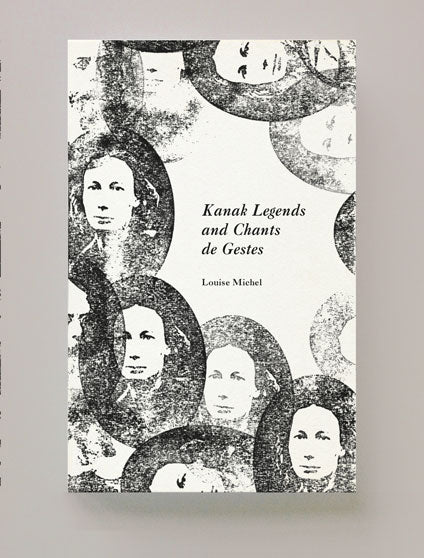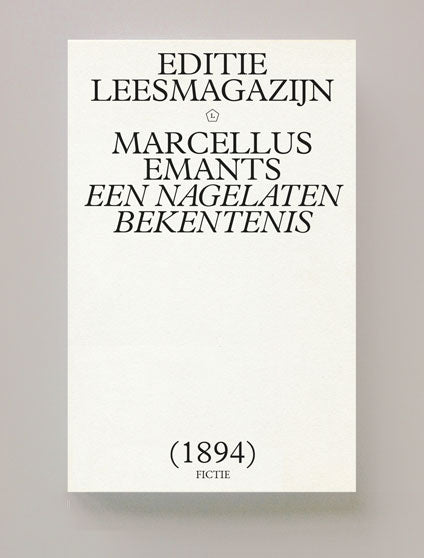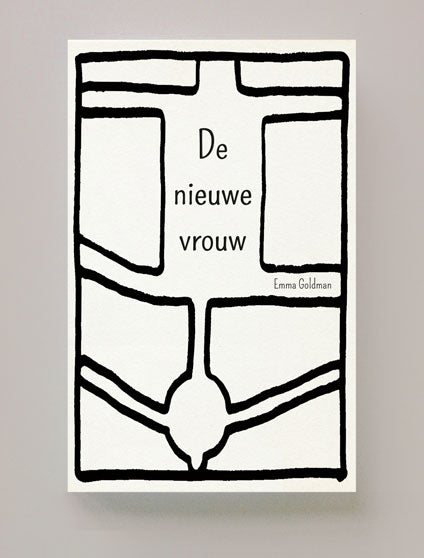
p.110
lmdev 1.8
bookdesign Kiki Gordon
In December 1871, Michel was brought before the council of war, charged with offences including trying to overthrow the government at the Commune Revolt in Paris encouraging citizens to arm themselves, and herself using weapons and wearing a military uniform.
Michel was sentenced to penal transportation. It is estimated that 20,000 defenders of the Paris Commune had been summarily executed. Michel was among the 10,000 supporters of the Commune that were sentenced to deportation.
After twenty months in prison Michel was loaded onto the ship Virginie on 8 August 1873, to be deported to New Caledonia, where she arrived four months later. Whilst on board, she became acquainted with Henri Rochefort, a famous polemicist, who became her lifelong friend. She also met Nathalie Lemel, another figure active in the commune. She remained in New Caledonia for seven years and befriended the local Kanak people.
Taking an interest in Kanak legends, cosmology and languages, particularly the bichelamar creole, she learned about Kanak culture from friendships she had made with Kanak people. She taught French to the Kanaks and took their side in the 1878 Kanak revolt.
The following year, she received authorisation to become a teacher in Nouméa for the children of the deported — among them many Algerian Kabyles ("Kabyles du Pacifique") from Cheikh Mokrani's rebellion (1871).
Michel was acquainted from an early age with the oral culture of her native Haute-Marne. Moreover, it was in the context of oral culture that she was able to assume a socially significant role: that of a great orator who spoke in defense of the oppressed. Her sense of community thus depended greatly upon her identification with pre-industrial peoples for whom the spoken word was the primary mode of communication.




